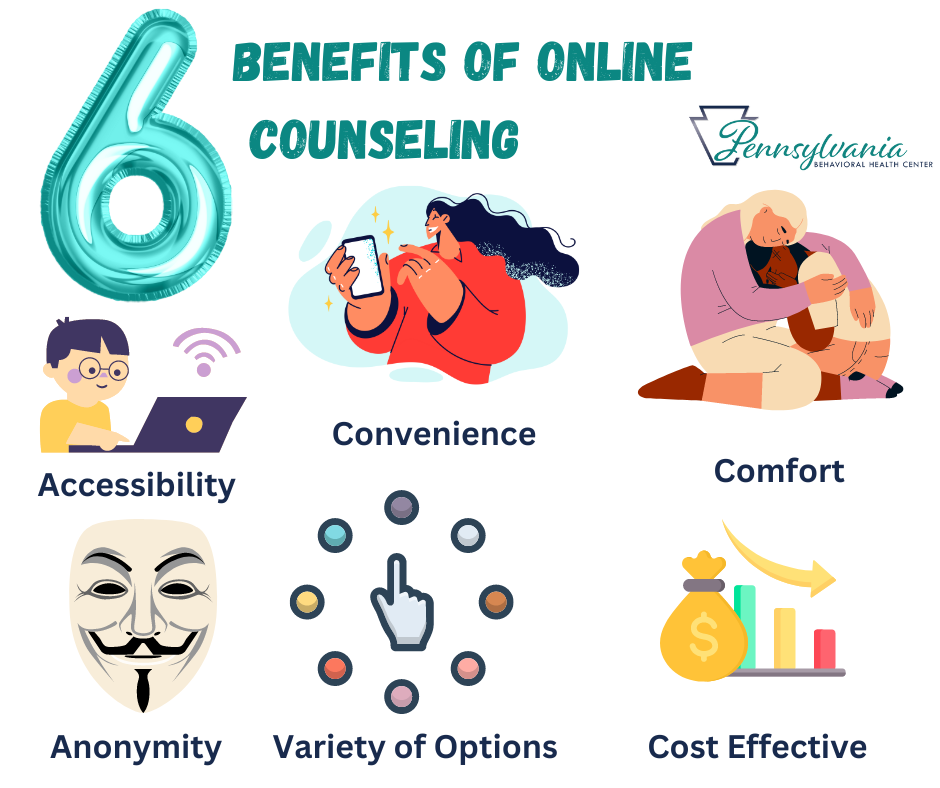Trick Insights Into Mental Therapy for Adolescent Minds: Nurturing Psychological Knowledge
Mental treatment for teens offers special obstacles and opportunities. Teenagers experience considerable psychological complexity as their minds develop. Supporting psychological knowledge becomes crucial in this situation. Restorative strategies like Cognitive Behavioral Treatment and Dialectical Behavior Therapy offer important devices. These methods not only foster self-awareness however likewise boost compassion. Understanding exactly how these methods influence individual development can reveal essential insights into the mental wellness of young minds. What exists at the junction of treatment and psychological growth?
Recognizing the Teenage Brain: Development and Emotional Complexity
The teenage mind is a dynamic landscape, characterized by substantial developing adjustments that form psychological feedbacks and actions. Throughout teenage years, the prefrontal cortex, in charge of decision-making and impulse control, undertakes vital maturation. Concurrently, the limbic system, which regulates emotions, ends up being much more active, leading to heightened emotional experiences. This imbalance can cause extreme mood swings and impulsive actions, as the psychological facility commonly eclipses logical idea.
Neurotransmitters like dopamine play a vital role in this phase, affecting pleasure and reward-seeking actions. As teens navigate social communications and identification formation, their minds are wired to prioritize peer acceptance and psychological experiences. This duration of rapid development is very important for developing resilience and flexibility, although it can likewise lead to obstacles in mental health. Recognizing these modifications is crucial for moms and dads, educators, and mental wellness experts as they look for to support teenagers with this complex developing phase.
The Value of Emotional Intelligence in Adolescents
Identifying the relevance of psychological intelligence during adolescence is crucial, as it lays the foundation for reliable communication, empathy, and self-regulation. Teens are steering a complicated developing stage identified by varying feelings and social dynamics. Individual Therapy Toronto. Psychological knowledge equips them with the capability to recognize and manage their feelings while also responding and acknowledging to the feelings of others. This skillset cultivates healthier relationships, reduces conflict, and enhances collaboration among peers
In addition, psychological intelligence supports academic success by advertising strength and adaptability in the face of difficulties. As young adults learn to handle tension and troubles, they establish a more powerful feeling of self-regard and identity. Growing psychological intelligence throughout these developmental years can cause long-term benefits, including boosted psychological health and wellness and health. Inevitably, focusing on psychological knowledge in teens is important for their general advancement and future interpersonal effectiveness.
Effective Restorative Techniques for Teens
While different restorative approaches exist, selecting the most reliable approaches for teens needs an understanding of their unique developmental demands. Cognitive Behavior Therapy (CBT) is often preferred for its organized method, helping teens recognize and modify negative idea patterns. Dialectical Habits Therapy (DBT) is another effective method, particularly for those having problem with emotional regulation, as it incorporates individual therapy with skills training in mindfulness and social performance.
In addition, art and play therapies supply imaginative outlets for self-expression, making therapy extra easily accessible for those that may find verbal communication challenging. Individual Therapy For Teens. Group therapy settings can additionally help with peer links, allowing teens to share experiences in a helpful atmosphere. Finally, incorporating family members treatment can boost interaction and understanding within the family unit, resolving characteristics that might contribute to the teenager's emotional battles. Ultimately, the efficiency of these techniques lies in their click for info versatility to specific situations and demands
Structure Resilience With Psychological Therapy
Building durability via mental therapy is critical for teenagers dealing with different life challenges, as it furnishes them with dealing approaches and psychological devices needed to steer with misfortune. Psychological treatment provides a structured atmosphere where teenagers can discover their ideas and sensations, facilitating a deeper understanding of themselves. Techniques such as cognitive-behavioral therapy (CBT) motivate teenagers to determine unfavorable idea patterns and replace them with useful ones, promoting a resilient state of mind. In addition, mindfulness methods integrated into therapy can help young adults continue to be based throughout difficult circumstances, improving their capability to cope. The skills learned through mental treatment dig this encourage teenagers to come close to difficulties with confidence, enabling them to recuperate from setbacks. As they develop strength, they come to be a lot more proficient at managing future problems, ultimately contributing to their psychological wellness and personal growth. This structure of strength is important for navigating the complexities of teenage years and planning for their adult years.
Encouraging Open Interaction and Helpful Relationships
How can open interaction and helpful relationships boost a teen's psychological wellness? Establishing a society of open discussion promotes trust fund and emotional security, allowing young adults to share their thoughts and sensations without fear of judgment (Individual Counselling Toronto). This support helps them browse the complexities of adolescence, advertising durability against stress and anxiety and anxiousness
Encouraging connections, whether with coaches, parents, or peers, play an important role in a young adult's growth. They give a network of encouragement and understanding, which is essential throughout challenging times. When teenagers feel heard and valued, they are more probable to establish healthy and balanced coping systems and emotional knowledge.
When needed, encouraging open communication likewise encourages teenagers to articulate their demands and seek aid. This aggressive strategy can greatly reduce sensations of seclusion and anguish. Overall, supporting these links equips young adults with essential devices for psychological guideline and individual development, inevitably enhancing their mental wellness.
Often Asked Concerns
Exactly How Can Moms And Dads Recognize When Their Teenager Demands Treatment?
Moms and dads can determine their teenager's demand for treatment by observing substantial adjustments in habits, state of mind variations, withdrawal from social tasks, declining academic performance, increased irritation, and expressions of sadness or stress and anxiety that continue in time.
What Role Does Social Network Play in Teen Mental Health?
Social media significantly influences adolescent psychological wellness by shaping self-confidence, fostering links, and revealing people to cyberbullying. Its effect can be both adverse and positive, relying on use patterns and the nature of on-line communications.
Exist Particular Treatments Much Better Fit for Girls or children?

How Can Schools Support Mental Wellness Initiatives for Trainees?
Institutions can sustain psychological health and wellness initiatives by carrying out therapy services, advertising social-emotional learning programs, supplying psychological health and wellness sources, cultivating an encouraging environment, and using workshops that inform pupils on coping methods and psychological strength.

What Prevail Misconceptions Concerning Teen Treatment?
Common mistaken beliefs regarding teenage treatment consist of the belief that it is only for extreme concerns, that it shows weakness, or that teenagers do not have the capacity to engage. These misconceptions can hinder accessibility to necessary psychological health assistance.
Psychological therapy for teens provides unique difficulties and possibilities. Therapeutic methods like Cognitive Behavior Treatment and Dialectical Behavior Therapy offer useful devices. In addition, top article art and play therapies provide innovative outlets for self-expression, making therapy a lot more obtainable for those who may find verbal communication challenging. Integrating family members therapy can boost communication and understanding within the family unit, addressing characteristics that may contribute to the teenager's emotional battles. Structure resilience through mental therapy is important for teens dealing with different life obstacles, as it outfits them with dealing approaches and psychological tools needed to steer through hardship.